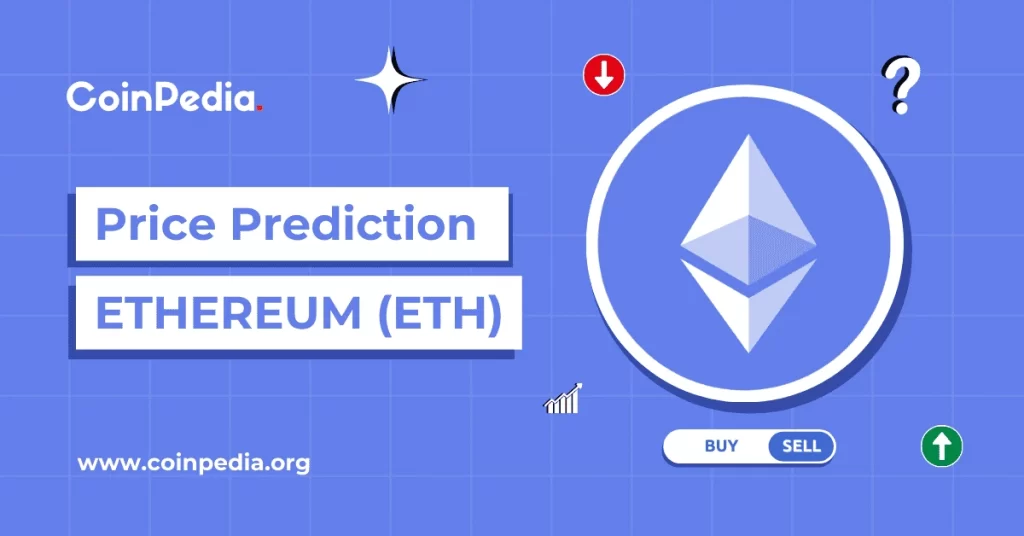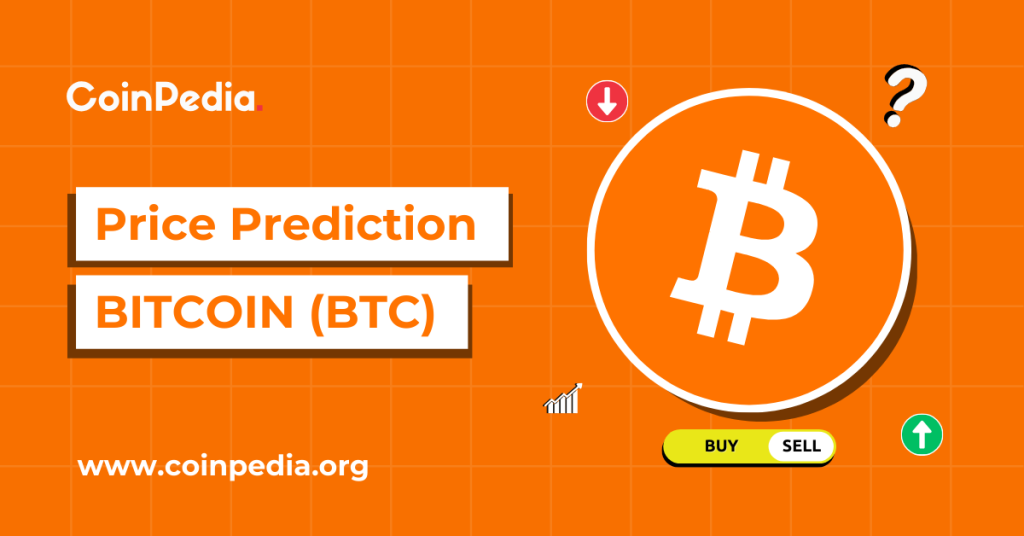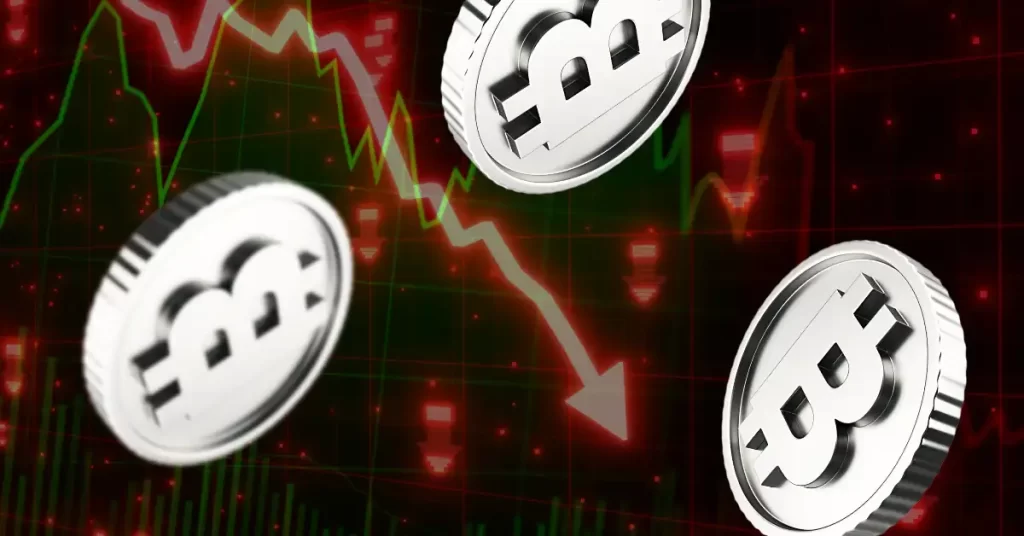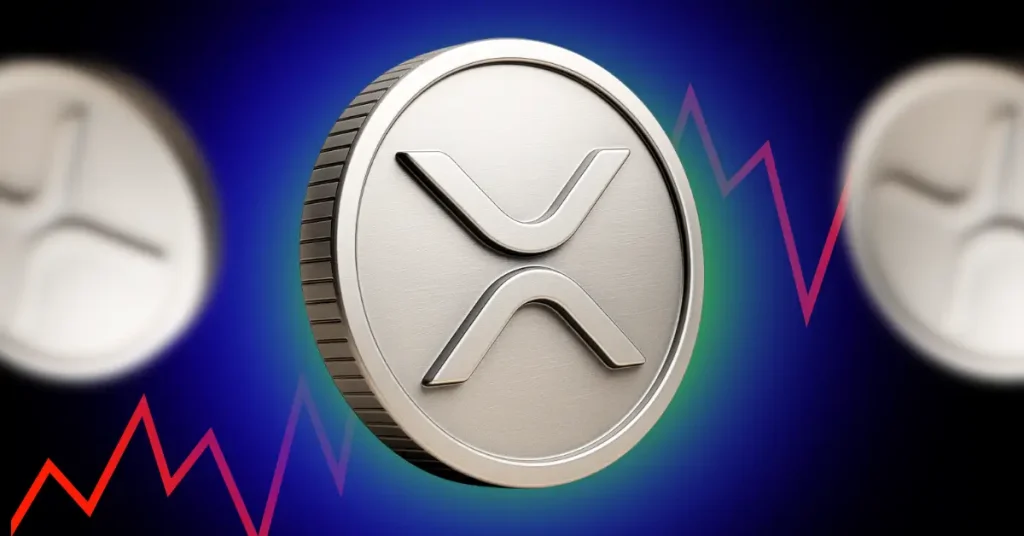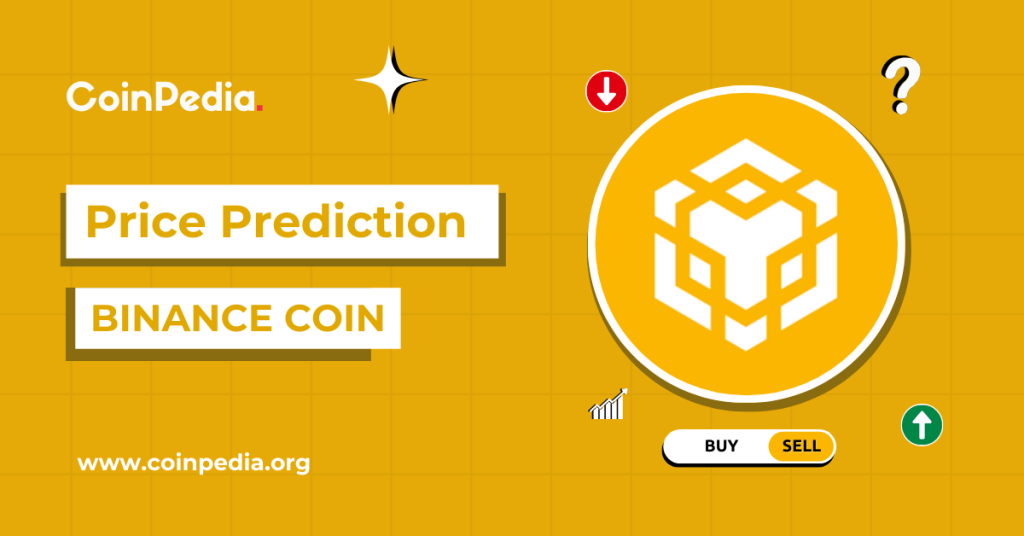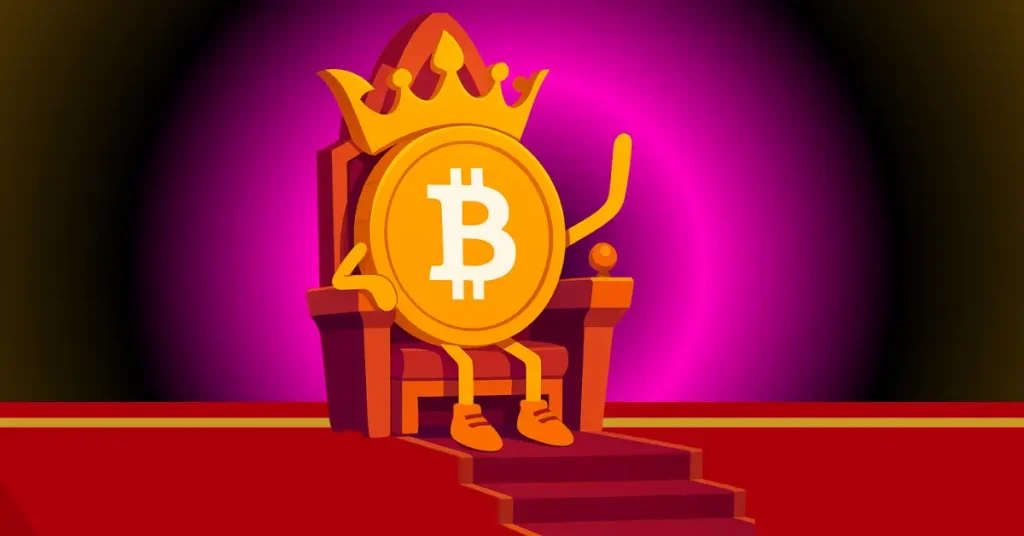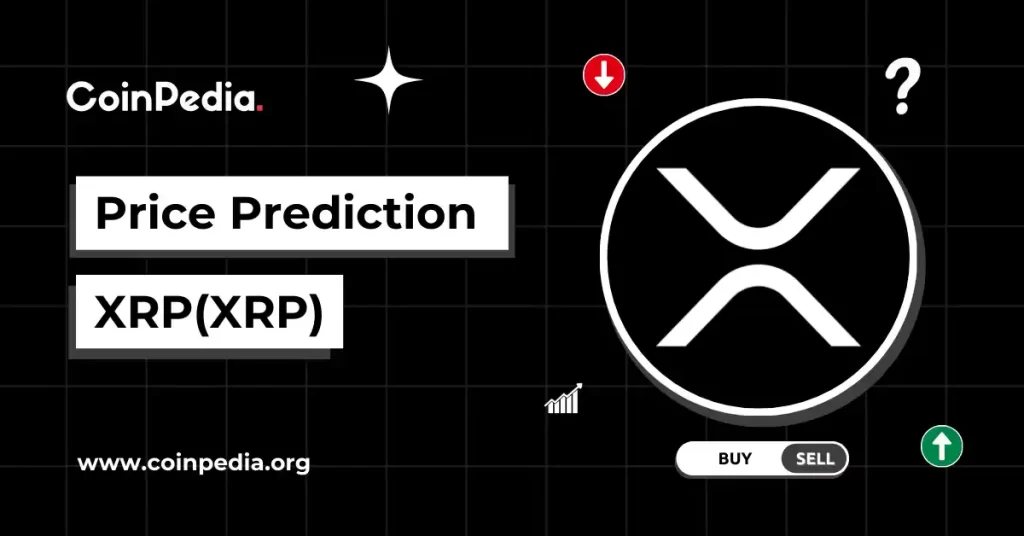Summary Bitcoin Cash is a hard fork of Bitcoin and was a product of the block size war back in 2017. BCH surged nearly 40% since BlackRock's spot Bitcoin ETF application. Surpassing the performance of BTC even as Bitcoin dominance grinds higher. Key metrics are still weak for Bitcoin Cash, and I don't see a fundamental catalyst that could be driving the recent rip higher in BCH. In the immediate sessions following BlackRock's ( BLK ) application for a spot Bitcoin ( BTC-USD ) ETF, the focus has rightfully been on BTC eclipsing $30k per coin for the first time since April. The $3,000 spike in the price of bitcoin over a 48-hour period catapulted BTC dominance to about 50% - the highest level in over two years. However, even as Bitcoin dominance has surged since BlackRock's ETF application, it's actually Bitcoin Cash ( BCH-USD ) that has outperformed the market to a larger degree. Data by YCharts Since June 15th, BCH is up 34% and is one of the better performing assets in the crypto market over that time. In this article, we'll look at if there is anything fundamentally driving this price action in BCH or if it's more of a speculative frenzy. What is Bitcoin Cash? Bitcoin Cash is a hard fork of Bitcoin that enables faster and cheaper transactions than the original Bitcoin network. BCH is a product of the block size wars that occurred during the 2017 crypto bull run. Proponents of BCH, or "big blockers," see the primary function of the cryptocurrency to be a peer-to-peer medium of exchange. Proponents of BTC, or "small blockers," view the currency's function as more of a store of value at the base layer. This divide led to the fork. I've hypothesized that another Bitcoin block space war could be imminent in response to the Ordinals protocol. And we're already seeing signs of conflict playing out in the months since. I last covered BCH for Seeking Alpha in June 2021 . While I see certain advantages in Bitcoin Cash's base layer relative to other layer 1 payment networks, my prior concerns have been largely centered on lack of real network adoption and exchange delisting headwinds. The latter of which has proven to not manifest to the degree that I previously believed that it might. That's the good news. BCH is available on all of the major exchanges. However, the question about adoption has seemingly been answered over the last two years. There hasn't been much to speak of. Key Network Metrics I think it's crucial to understand the motivation behind forking Bitcoin to truly grasp why BCH hasn't lived up to its intended purpose. The point of the block wars was that the big blockers wanted to be able to use BCH for peer-to-peer commerce. Yet, BTC still has a drastically larger level of daily usage than BCH, both by daily active users and by USD value transferred over the network: Year To Date Daily Averages Active Users USD Transferred Value Bitcoin 930k $3.55 billion Bitcoin Cash 45k $21.2 million BTC/BCH Ratio 20.7 167.5 Source: CoinMetrics, as of 6/21/23 In 2023, Bitcoin Cash has averaged just 45k daily active users and $21 million in daily transacted value. Even during large day-to-day spikes in usage, the daily active users of BCH never sniff the DAUs of BTC. In fact, when the Ordinals transaction fee spike occurred in May and pushed users to alternative chains, it was Litecoin ( LTC-USD ) that saw the user flow, not Bitcoin Cash. DAUs (CoinMetrics) Recall that when a network is hard forked, addresses on the new chain hold the new coin when the new network goes live. For instance, if someone was holding 2 BTC before the fork, their Bitcoin Cash wallet would also hold 2 BCH on the new network. This means the fork is a good starting point for assessing wallet address growth: Non-Zero Addresses (CoinMetrics) Here, we can see that even though non-zero wallet addresses on Bitcoin Cash have grown 20% since the fork, that growth is dwarfed by the 164% growth in non-zero wallet addresses on Bitcoin. Looking at how the holder concentration breaks out also provides important context: BCH Holder Concentration (IntoTheBlock) Since the fork, BCH has seen a larger move toward whale ownership than retail ownership. This means that BCH has become more concentrated over time. This is generally not what BCH bulls or proponents of peer-to-peer payment coins would want to see. Finally, the network security story for Bitcoin Cash is not ideal. BCH Hash Rate (CoinMetrics) While Bitcoin continues to see global exahash grind higher, Bitcoin Cash hash rate peaked in 2018. This decline in mining difficulty has allowed miners to remain modestly profitable through the years, but it does diminish the theoretical security of Bitcoin Cash, as it would be easier to 51% attack BCH than it is to attack BTC. A 51% attack was actually orchestrated on Bitcoin Cash back in 2019 though that "attack" was said to be a pre-emptive measure to thwart the potentially malicious efforts of another entity. BCH Hash Distribution (IntoTheBlock) Today, we observe a reasonably well distributed mining pool, with no known individual pool accounting for more than 19%. By comparison, Poolin currently accounts for more than 22% of Bitcoin's mining pool hash. Main Takeaways Bitcoin Cash simply hasn't benefitted from the adoption as a medium of exchange the way early proponents of the fork likely would have wanted. There are a few different reasons for the lack of real network growth in my opinion. First, there were competing factions within the BCH community that ultimately led to yet another fork and the creation of Bitcoin Satoshi's Vision ( BSV-USD ). This further fragmented the big blocker community. And there's more competition elsewhere. In my view, Litecoin is a viable alternative to Bitcoin. The Lightning Network is certainly something that challenges the need for Bitcoin Cash, though it is admittedly cumbersome to use. And frankly, utilizing stablecoins for payments on cheap smart contract chains like Solana ( SOL-USD ) or Algorand ( ALGO-USD ) makes sense for merchants and peer to peer payments. Though there are obviously risks with fiat-collateralized stables, they do offer crypto payments in a unit of account that the masses understand. Ultimately, though, I don't see a fundamental catalyst that could to be driving the recent rip higher in BCH. I don't believe BCH is a sell. It's still profitable to mine even at current coin prices, and there are at least some people who are using it. It may never truly challenge the dominance of BTC as a true peer to peer payment instrument, but I don't think it's a terrible way to speculate on a broader crypto rally. Strictly from a user experience standpoint, it's a solid blockchain network.

